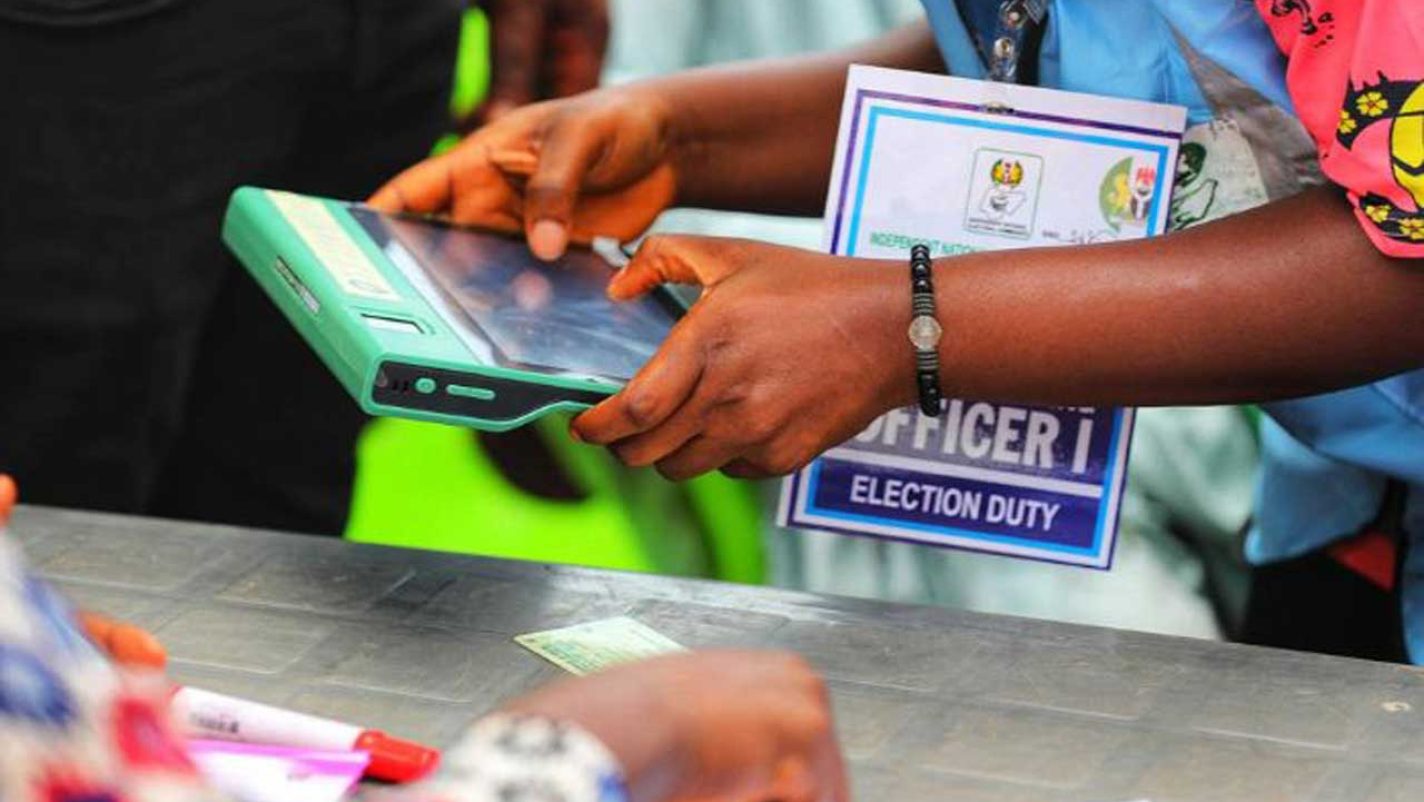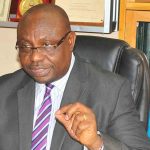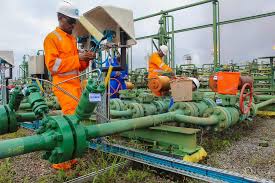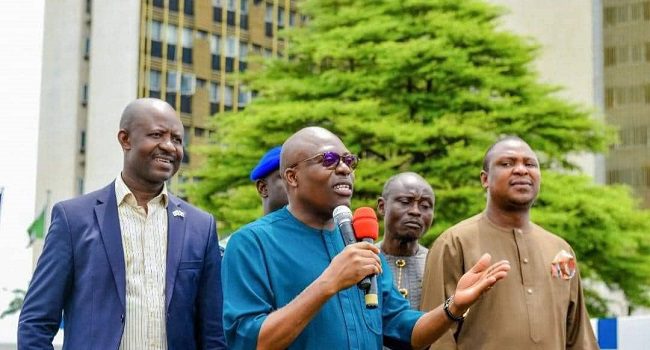Festus Okoye, a National Commissioner of Nigeria’s electoral organisation, declared that no political party will be permitted to use the Bimodal Voter Registration Systems, which are utilised for voter identification and electronic transmission of ballots.
About 170,000 polling unit results from the presidential and National Assembly elections on February 25 have been posted, according to the Independent National Electoral Commission (INEC), which announced this on Sunday (IReV).
In addition, the Commission announced that the Bimodal Voter Registration Systems (BVAS) reconfiguration will be finished by Tuesday in time for the March 18 gubernatorial and state assembly elections.
Festus Okoye, the national commissioner for INEC, said on Channels Television’s Sunday Politics that “almost 170,000 of those results had been posted” as of the most recent election.
“As you are aware, we are reconfiguring the BVAS for the governorship and state assembly elections, and any BVAS used for the presidential and National Assembly elections that do not push to the accreditation backend, the data relating to the conduct of the presidential and National Assembly elections will not be reconfigured.
In fact, if all of the data is not sent to the accrediting backend, the BVAS won’t allow itself to be reset or modified.
By Tuesday, when we aim to have finished resettling the BVAS for the governorship and state assembly elections, I’m certain that all of the results from the polling stations would have been sent to the accreditation backend.
No Parties Are Allowed To Check BVAS
Festus Okoye appeared on Sunday Politics on Channels Television on March 12, 2023.
Every Nigerian, according to Okoye, has a constitutional and legal right to demonstrate. But he said that no political party would be permitted to examine the BVAS’s brain or the biometrics of voters.
He emphasised that INEC is the body that regulates political parties and that the commission will not deviate from its primary duty in favour of retaliating political parties.
According to him, only the people who filed a lawsuit are covered by the court’s ruling that allowed voters to cast ballots using their temporary voter cards.
The INEC commissioner also cited political parties as the cause of the poor voter participation in the most recent election by making polling places “inaccessible” to voters.
In the presidential and National Assembly elections, he claimed, INEC had acquired some “important lessons” that would be used to the gubernatorial and state assembly elections.
READ ALSO: LP Threatens National Demonstration At INEC Headquarters Over BVAS
He claimed that serious efforts are being made to address issues with the IReV portal in advance of the March 18 elections, and he added that the commission’s ICT department is aware of what to do in the event that there are problems with the uploading of polling unit results on the IReV portal during the March 18 elections.
As a result, they kept track of their results per polling unit, according to him, political parties deployed more polling unit agents than the Commission actually sent out.
The INEC commissioner stated, “The Electoral Act 2022 makes explicit that any registered political party, along with their candidates, have the right to send agents to every voting unit in Nigeria. 176,588 polling agents were sent out by the PDP as a whole. A total of 134,874 poll workers were sent out by the Labour Party. 176,200 people were deployed by the NNPP and 176,223 by the APC.
176,666 voting places were visited by the commission. In light of this, the political parties sent far more poll workers than there were voting places open. The Form EC 8 — the polling unit result sheet — was sent to each political party, which is what it means when it says “each political party received a copy of the Form EC 8.”
Court battle
For the certification and electronic transmission of votes for this year’s elections, the electoral authority has implemented two new technologies: the IReV and the BVAS.
Election results could not be electronically uploaded to the IReV as required by Section 60 of the Electoral Act 2022 during the presidential and National Assembly elections, which infuriated opposition parties severely. The manual compilation of results and the declaration of the poll winners were opposed by the parties.
Bola Tinubu of the All Progressives Congress (APC), who was proclaimed the winner of Nigeria’s presidential election by the electoral umpire, has been challenged in court by opposition parties despite the electoral body’s commitment to remedy the errors.
INEC was given permission last week by a Court of Appeal in Abuja, the nation’s political hub, to modify the BVAS for the gubernatorial and state assembly elections.
The Labour Party (LP) and Peter Obi, its presidential candidate, requested a court injunction preventing INEC from altering the data in the BVAS machines until the proper examination is carried out and certified true copies (CTC) of them are provided.
On the other hand, a three-member panel of the court of appeal led by Judge Joseph Ikyegh on Wednesday approved INEC’s motion to reconfigure the BVAS computers on the grounds that the data on them will be uploaded into the back-end server, which cannot be tampered with.
The commission therefore decided to postpone the gubernatorial and state assembly elections by one week, from March 11 to March 18, to give the BVAS machines time to be reconfigured.








